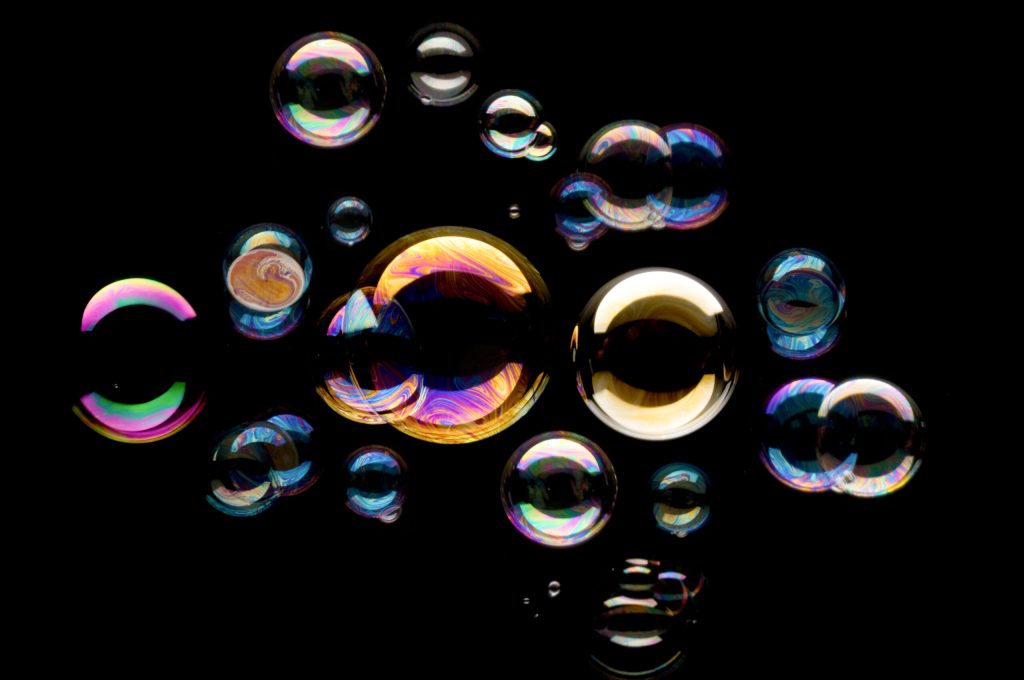Filter bubbles, what are they and how can you defend yourself against them?

Few have heard of it filter bubble, even if we are all more or less unconscious victims of it. Let’s look at what they are, how they influence our decisions, and how we can defend ourselves against their hidden influences.
What are filter bubbles?
The term bubble filter refers to a state of mental isolation due to the purposeful use of algorithms user profiling. The first to theorize them in 2010 was Eli Pariser, author, network activist and entrepreneur. In February 2011, he gave a Ted Talk on the subject, which later made its way into the book The Filter Bubble, published that same year. According to Pariser, filter bubbles are the result of three stages in which “you first find out who people are and what they like.” Then offer them content and services that best suit their needs. You end up tuned into their true tastes and your identity shaped the media sphere.” One example he gave concerned the word “Egypt” that he had asked three friends to search for on the internet. The three came to completely different research results.
In essence, filter bubbles are a personalized information ecosystem created by algorithms, especially social media. The aim of the latter is in fact to filter information for users to then show them the information that best suits their interests. It is no coincidence that so many online communities with similar positions and beliefs are mushrooming on the Internet: a definite phenomenon cyberbalkanizationor Balkanization of the Web.
Filter bubbles used to be more visible, think of the newspapers with a very specific political affiliation, where Communist Party voters read “l’Unità” and Christian Democrat voters read “Il Popolo” instead.
On the web, these mechanisms are less clear because the algorithms are not visible to the naked eye. Therefore, many people are unaware that their experience on the web is limited by the algorithms. So we’re all immersed in our virtual village made up of other users who think like us.
How they influence our decisions
Filter bubbles lead people to believe that their interests are the only ones there and that they “lock up” in their ideas and isolate themselves from new ones. A closure that also affects public debate, as it contributes to the polarization and extremes of political positions and proposals, as well as the emergence of ideological media and populist movements. The polarization is fueled by the fact that if someone tries to break out of their bubble to discuss with someone else whose ideas are outside of the bounds of mutual admissibility, the discussion eventually becomes impossible and you become trappedideological isolation.
In addition, the filter bubbles favor the disinformation on the internet.
4 tips to protect yourself from filter bubbles
The number one solution to curbing the effects of filter bubbles is know what they are and what impact they have.
Second, we recommend relying on it plurality of sources (blogs, magazines, books, etc.) and formats (TV, radio, web, newspaper, podcasts, etc.).
It is also necessary to promote it Exchange of constructive opinions also on the internet.
After all, it’s good practice Follow accounts with ideas that are very different from your ownto fool the algorithms.





